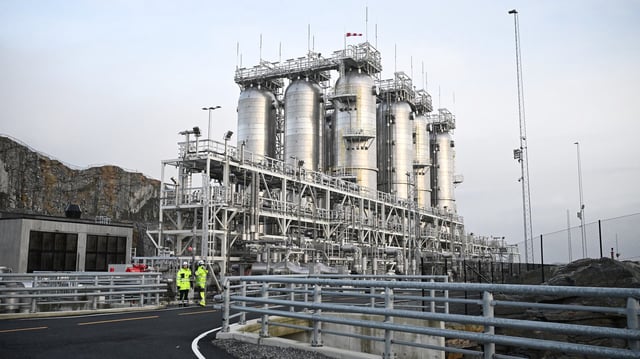Overview
- The incoming German government is preparing to pass a comprehensive law enabling carbon capture, transport, utilization, and storage (CCS) as part of its net-zero strategy.
- The law will prioritize offshore CO₂ storage in deep sandstone formations under the North Sea, excluding coastal zones, while allowing conditional onshore storage with state approval.
- Research by the Geostor consortium estimates a CO₂ storage potential of 0.9 to 5.5 billion tonnes in the German North Sea, suitable only for residual emissions from sectors like cement and waste incineration.
- Environmental risks, such as potential leakage from existing boreholes, necessitate real-time seismic monitoring and robust site verification for safe storage operations.
- Germany is also exploring cross-border CO₂ export options, leveraging Norway’s Northern Lights project, which can store up to 5 million tonnes of CO₂ annually.
